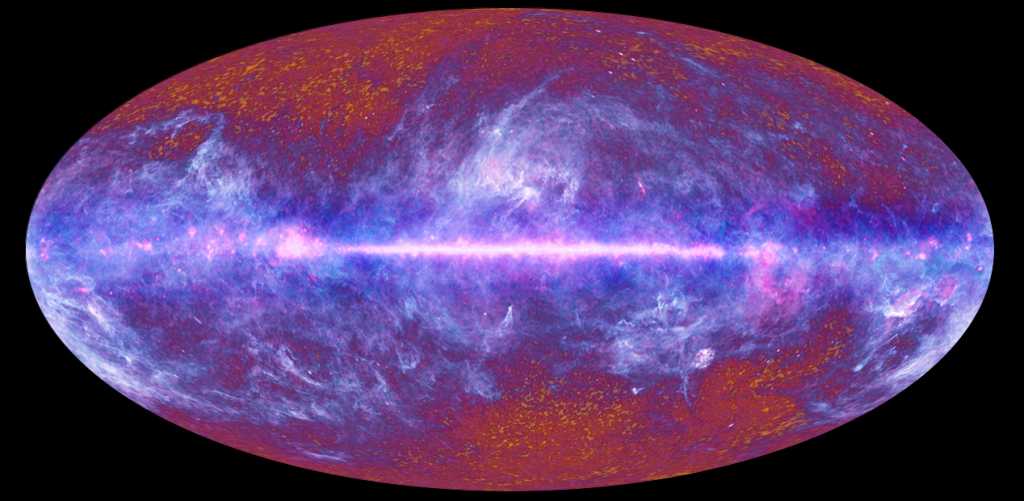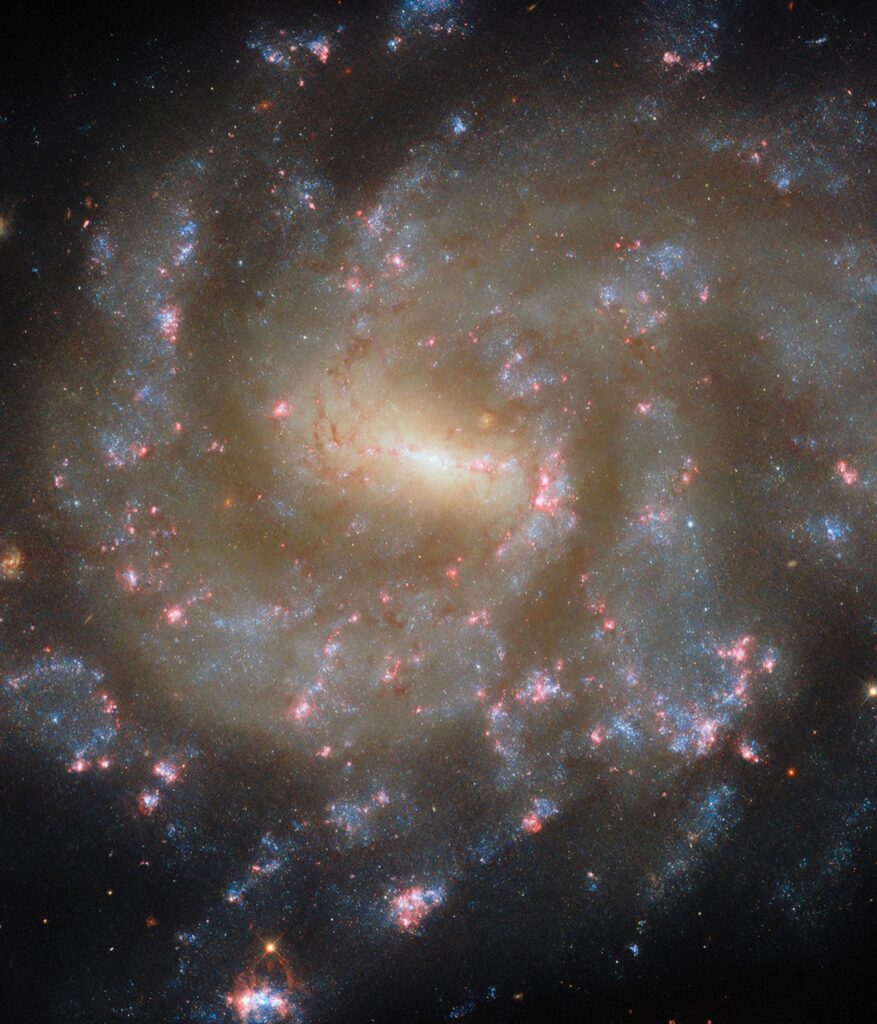
While we see Earth getting warmer as the effects of climate change continue to escalate, our planet’s clouds make our planet hotter than ever, scientists worry.
By using a new approach to analyzing data from satellites, scientists in a new study suggest that Earth’s clouds could exacerbate global warming over time. This work, conducted by researchers at Imperial College London and the University of East Anglia in the U.K., provides evidence that suggests that it is very likely — with an approximately 97.5% probability — that clouds will amplify global heating.
“Over the last few years, there’s been a growing amount of evidence that clouds probably have an amplifying effect on global warming,” co-author Peer Nowack, a researcher at the University of East Anglia and Imperial’s Grantham Institute and Data Science Institute, said in a statement. “However, our new approach allowed us for the first time to derive a global value for this feedback effect using only the highest quality satellite data as our preferred line of evidence.”
Related: 2020 ties record for the hottest year ever, NASA analysis shows
Many countries have signed the Paris Agreement, an international treaty that pledges that they will limit global heating to 2 degrees Celsius (3.6 degrees Fahrenheit), or ideally 1.5 degrees C (2.7 degrees F) above pre-industrial levels.
However, according to this study, Earth’s climate warming is unlikely to stay below 2 degrees C (3.6 degrees F) above pre-industrial levels and is more likely to rise more than 3 degrees C (5.4 degrees F), according to the same statement.
One major point of uncertainty in predicting future climate, the researchers point out, is clouds and how they might change in the future and affect warming temperatures. Depending on how dense they are and where they are located in the atmosphere, clouds can make warming either less severe or much more serious.
In this study, researchers developed a new method inspired by machine learning that factored in satellite data about clouds, their temperatures, humidity and wind conditions to study clouds and how they will affect climate in the future. The scientists found that, in the future, cloud cover will actually make climate change and rising temperatures much more extreme, both by reflecting less solar radiation away from Earth and by enhancing the greenhouse effect.
“The value of the climate sensitivity is highly uncertain, and this translates into uncertainty in future global warming projections and in the remaining ‘carbon budget’ — how much we can emit before we reach common targets of 1.5 degrees C or 2 degrees C of global warming,” co-author Paulo Ceppi, a researcher at the Grantham Institute, said in the same statement.
“There is therefore a critical need to more accurately quantify how clouds will affect future global warming. Our results will mean we are more confident in climate projections and we can get a clearer picture of the severity of future climate change. This should help us know our limits — and take action to stay within them,” Ceppi added.
This work was published July 19 in the journal the Proceedings of the National Academy of Sciences.
Email Chelsea Gohd at cgohd@space.com or follow her on Twitter @chelsea_gohd. Follow us on Twitter @Spacedotcom and on Facebook.



